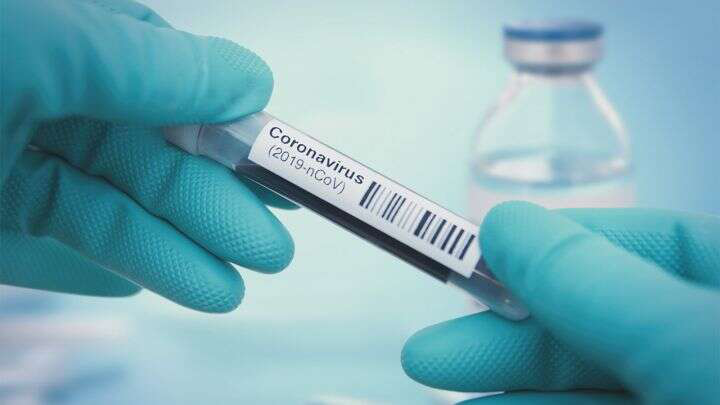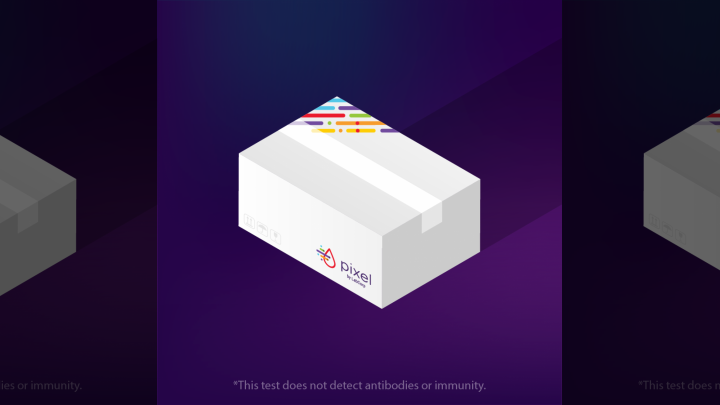There are two types of tests when it comes for checking for COVID-19: viral tests, which check for a current infection, and an antibody test, which identifies if your immune system built a response to a prior infection.
So, knowing if your are infected with the virus, which means that you could potentially spread the virus throughout the community, or if you have a potential immunity to the virus is important. Here’s what you need to know about the two types of tests for COVID-19.
What to know about viral tests
Viral tests, also known as molecular tests, are most commonly conducted with a nasal or throat swab for the upper respiratory tract. Health care professionals should now take nasal swabs, according to updated CDC clinical specimen guidelines. However, throat swabs are still an acceptable specimen type if necessary.

Collected samples are tested to look for signs of any coronavirus genetic material.
So far, there are 25 high complexity molecular-based tests developed by labs that have received emergency use authorization from the U.S. Food and Drug Administration as of May 12. More than 110 companies are submitting authorization requests to the FDA, according to a report from GoodRx.
What to know about antibody tests?
Antibody tests, also known as serological tests, require a blood sample. Unlike viral tests that check for active infections, an antibody test should be done at least one week after a confirmed coronavirus infection, or a suspected infection for potential asymptomatic and mild symptom patients, because the immune system takes that long to create antibodies.

Although antibodies help fight off an infection, there is no evidence that shows whether or not coronavirus immunity is possible. Further research is being conducted by health agencies.
There are 11 labs that have received emergency use authorization from the FDA for antibody testing as of May 12. More than 250 companies are flooding the market with antibody tests that may not be all that accurate, according to GoodRx, and over 170 manufacturers are waiting on an authorization decision from the FDA.
What about at-home testing?
On April 21, the FDA authorized the first at-home coronavirus sample collection test kit from Laboratory Corporation of America. The viral test kit, which is distributed by Pixel by LabCorp, requires a nasal swab and must be mailed to a designated lab for testing.

Post time: Jun-03-2021
